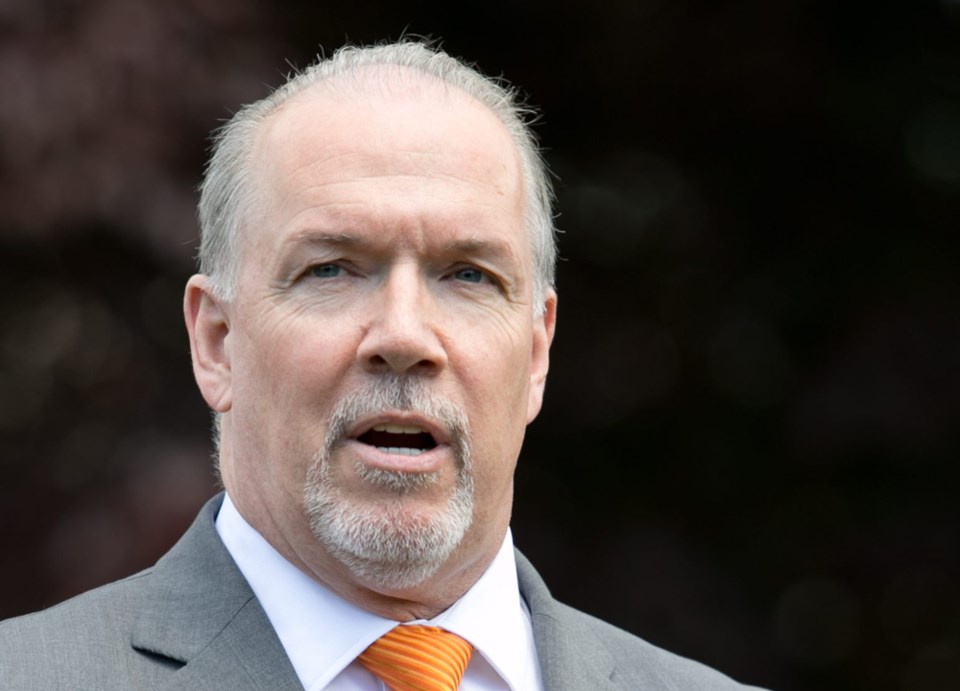The NDP-Green political financing bill is an outrage and a betrayal. The promise was to get big money out of politics, which means not just donations but the massive spending and permanent political staff, consultants and lobbyists that buzz around the parties like flies around a rotting carcass. Legislation that fulfilled their promise would not have included public funding and might have helped us return to politics driven by party members and volunteers, rather than staff and careerists.
For too long, B.C. has been the Wild West of political financing, with no restrictions on who can donate and how much. For too long, big money has wielded an unhealthy influence over the governing of the province, notwithstanding B.C. Liberals’ vigorous protestations that donations had no effect on policy-making and decisions.
All that was supposed to change. In the campaign leading up to the spring election, all parties promised political finance reform. The newly enlightened Liberals even tried to offer it in their ill-fated June throne speech.
And now it’s the NDP’s turn. Backed by the Greens, the government introduced legislation Monday that would prohibit unions and corporations from donating to political parties, and would cap individual donations — restricted to B.C. residents who are Canadian citizens or permanent residents — at $1,200 a year.
It would prohibit fundraising events in private residences if they are attended by a major party leader or cabinet minister, and if the entrance fee is more than $100 per person.
Third-party advertisers would not be allowed to accept donations from corporations or unions, with donations from individuals restricted to $1,200 a year.
“The Wild West financing of the past will come to an end,” Horgan said as the bill was announced. “It’s time that people got into the centre of our politics, not people with deep pockets.”
That’s the good news. The bad news? They aren’t taking big money out of politics — they’re taking it out of our pockets, without our consent.
So that politicians will not have to quit their big-money habit cold turkey, the bill will provide political parties with a temporary “allowance” to help them transition to the new system. The allowance will be set in 2018 at $2.50 per vote received, which works out to about $2 million each for the Liberals and NDP and $830,000 for the B.C. Green Party. The allowance drops by 25 cents a year to $1.75 per vote by 2021 and will cost about $16.4 million over four years.
The allowance ends in 2022 and a special legislative committee will decide whether it continues past that point. Care to place bets on what that committee will decide?
Parties will get 50 per cent of their election expenses reimbursed every four years, which the government estimates will cost taxpayers about $11 million per election.
During his campaign, Horgan promised political-financing reform, but at no time did he promise that taxpayers would have to step up to support politicians in the style to which they have become accustomed. And at no time did British Columbians offer to do that.
The Liberals have promised to oppose elements in the bill that call for taxpayer subsidies, but they likely can’t do much about it. Green Party Leader Andrew Weaver could, though — this bill cannot pass without his support.
Yet he expressed enthusiasm for the legislation, and why not? It’s a windfall for his tiny party.
Granted, the new legislation is an improvement, but it could have been so much more. This could have been a shining moment for B.C., when elected politicians acted on principle rather than expediency, putting the people ahead of party. Sadly, that moment has been tarnished.



